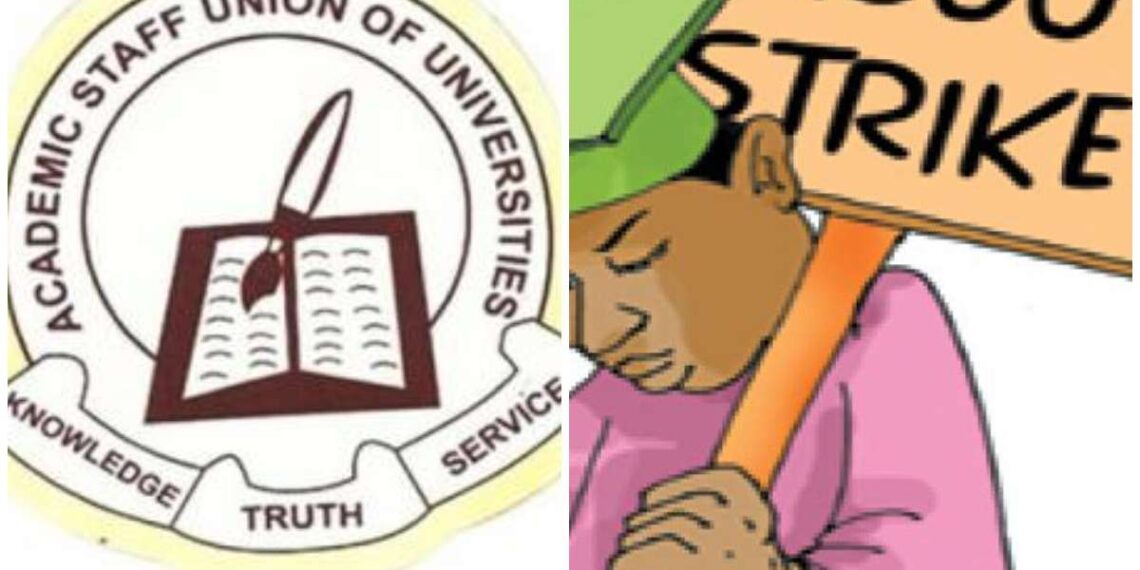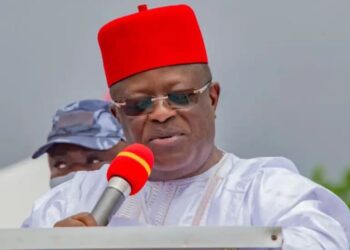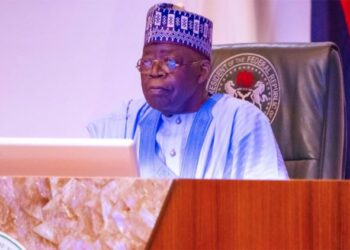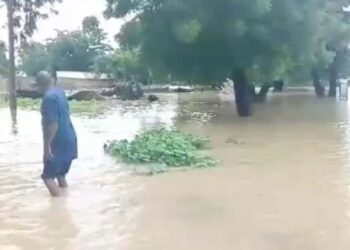The Academic Staff Union of Universities (ASUU) has said many of its members have either died or are suffering critical health challenges due to what it described as the pauperisation of the academia by the Nigerian government both at the federal and the state levels.
The union disclosed this in a statement issued at the end of its National Executive Council meeting held at the weekend and hosted by the Niger Delta University, Wilberforce Island, Bayelsa State.
The statement, signed by the union President, Emmanuel Osodeke, said the dire situation has forced many lecturers to flee the country for greener pastures, saying apart from the poor working environment and conditions of service, members are also dying of workload pressure occasioned by the exodus of its members abroad.
ASUU also accused the administration of President Bola Tinubu of failure to fulfill his promises of releasing members’ withheld salaries and exempting the universities from the Integrated Personnel Payroll Information System (IPPIS).
The union said its members have been receiving the same salary since 1999 despite the steeply depreciating value of the naira, saying an average professor now earns the equivalent of $210 per month.
ASUU said: “The meeting was alarmed, going by the reports it received, on the failed promises of the Tinubu-led administration toward addressing the lingering issues that forced the union to embark on the nationwide strike action of February–October 2022.
“NEC was seriously alarmed by reports of the increasing number of Nigerian academics who have died or are currently nursing life-threatening ailments as a result of work-related stress and chronic pauperisation arising from failed promises by the governments and the general macroeconomic climate of the country.”
The union listed various issues of concern such as the unsigned new FG/ASUU agreement, the needs assessment fund, and the proliferation of universities, among others, threatening that it could not guarantee peace on the campuses if these issues are not urgently addressed by the government.
The union also accused the government of continuous encroachment on the universities’ autonomy, especially with the dissolution of their governing councils, a move ASUU described as illegal.
“NEC observed with dismay the continued attack and erosion of autonomy of public universities, as enshrined in the Universities‟ Miscellaneous Act, through the illegal dissolution of Governing Councils,” the union stated.
Mr Tinubu had in October 2023 announced that the university lecturers’ would be paid four of their eighth-month salaries withheld as a result of the ‘No Work, No Pay’ policy invoked by the previous administration of Muhammadu Buhari during the union’s industrial action in 2022.
The Minister of Education, Mamman Tahir, a professor, also announced that the university workers are no longer to be paid through the IPPIS, a payment system used to pay other government workers.
But ASUU said the government has fulfilled none of these promises.
“It is unimaginable that a government that raised lecturers‟ hopes a few months back will continue to deprive them of any modicum of comfort by withholding their entitlements,” ASUU said in the statement.
The union noted that the sum of withheld salaries is hardly worth more than one-third of its value given the massive devaluation of the Naira in the last year as a result of the declining value of the Naira and persistent inflation.
The union, therefore, called on the government to, as a matter of urgency, release “all the withheld salaries and third-party deductions of Nigerian academics to restore their fading hope in the Nigerian university system and Nigeria as a country.”
“To continue to ignore ASUU’s formal and informal demand in this respect is to invite an avoidable industrial crisis in the system,” it stated.
The union also noted that the government has continued to pay lecturers’ salaries through the IPPIS, a payment portal it has consistently rejected.












